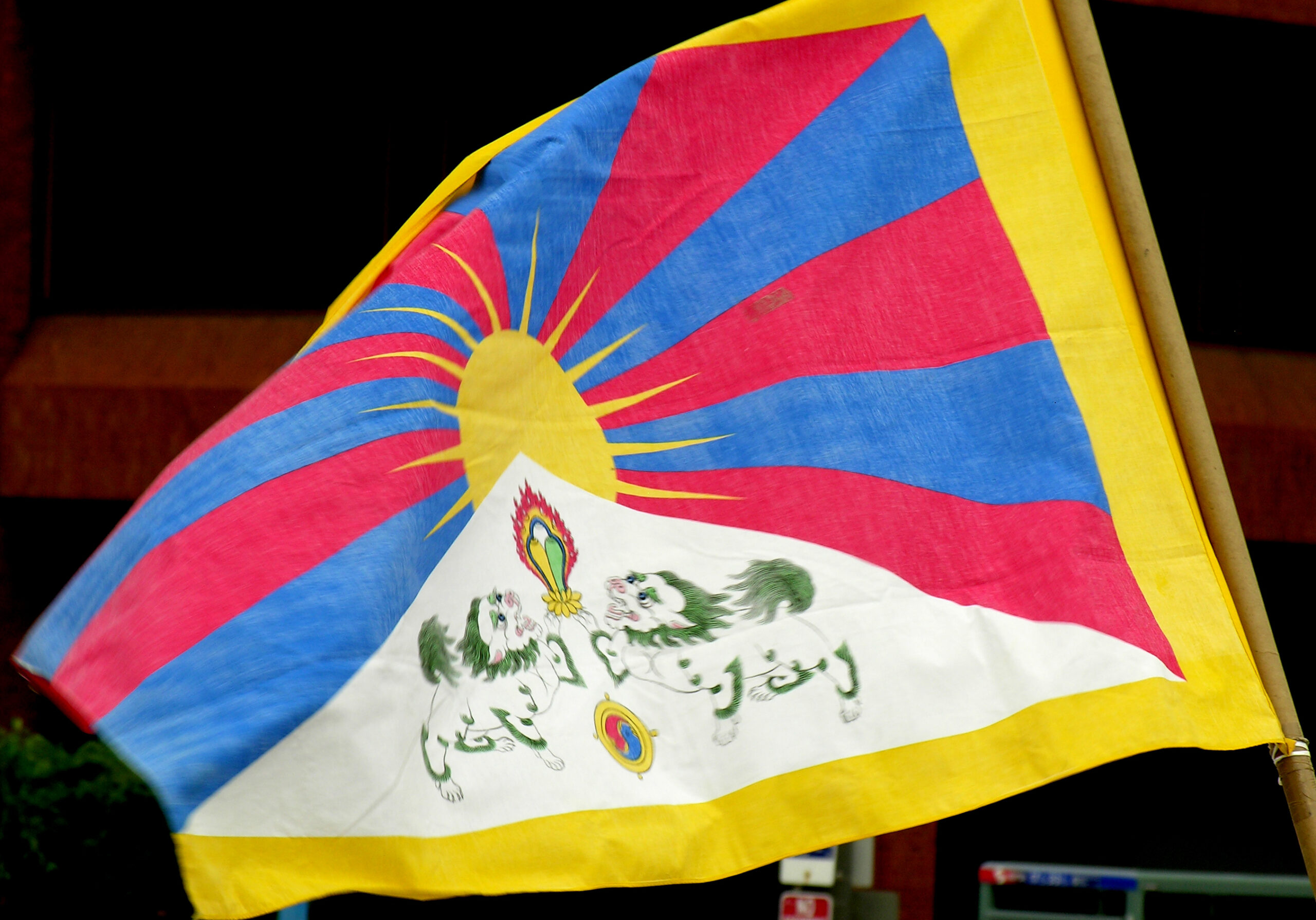There is prima facie evidence that the Chinese Communists have by acts of genocide attempted to destroy the Tibetan nation and the Buddhist religion in Tibet, the ICJ announced in a report published today.
There is evidence, the report “The Question of Tibet and The Rule of Law” states, that the Chinese have by killing Tibetans and by the forcible removal of Tibetan children committed acts contrary to the Genocide Convention of 1948.
There is also evidence that these acts were intentionally directed towards the destruction of the Tibetan religion and the Tibetan nation.
The 208-page report, which also considers the evidence on other violations of human rights and examines the international status of Tibet, has been sent to the United Nations and to all U. N. delegations.
The ICJ based its report on extensive materials and documents and on the findings presented to it last month by Mr. Purshottam Trikamdas, a Senior Advocate at the Supreme Court of India and former Secretary to Mahatma Gandhi.
Mr. Trikamdas was asked three months ago by the ICJ to investigate the matter. Working with a small team of experts, Mr. Trikamdas submitted in person last month the results of his investigation.
At the same time the Commission announced the formation of a “Legal Inquiry Committee on Tibet” to continue the investigation and submit a final report. The names are to be announced shortly.
The report consists of four parts. Details on the religion and socio-political structure of Tibet, a chronology of events for the past twelve years and an account of those leading up to the flight of the Dalai Lama to India are given in the first part.
The fourth part of over 100 pages of documents sets out the treaties governing the international position of Tibet and also contains statements by the Dalai Lama, Mr. Nehru, and Chinese communist spokesmen concerning the Tibetan uprising.
A Manifesto and a Memorandum on the events in Tibet by Tibetan Leaders are also published.
The second and central part of the report considers the evidence available so far concerning alleged violations by the Chinese People’s Republic of a series of important international instruments.
Amongst those considered are the Seventeen-Point Agreement between Tibet and Communist China which Tibet was forced to sign in 1951.
The Commission report lists details of the violation of the Agreement, including those guaranteeing autonomy to Tibet and the religious and social rights of the Tibetans and especially notes that “Violation of the 1951 Agreement by China can be regarded as a release of the Tibetan government from its obligations, with the result that Tibet regained the sovereignty which she surrendered under that Agreement…
For this reason the violations of the Agreement by China amount to more than a matter of domestic concern between Tibet and China.
What is at stake is the very existence of Tibet as a member of the family of nations, and this matter concerns the whole family of nations.”
On the question of the United Nations Universal Declaration of Human Rights and the question of Genocide the report by the ICJ concludes: “Any systematic violation of human rights in any part of the World should, it is submitted, be a matter for discussion by the United Nations…
“Most people,” the report goes on, “will agree that in the sphere of human rights, some rights are fundamental. The rights of the Tibetans which appear to have been ruthlessly violated are the most fundamental – even that of life itself. With violations of this gravity it is not a question of human rights being modified to meet the requirements of local conditions. It is a question of conduct which shocks the civilised world and does not even need to be fitted into a legal category.”
“The evidence points to a systematic design to eradicate the separate, national, cultural and religious life of Tibet… It is submitted, with a full appreciation of the gravity of this accusation, that the evidence points at least to a prima facie case of genocide against the People’s Republic of China. This case merits full investigation by the United Nations.”
The third part of the ICJ report studies the position of Tibet in international law.
The ICJ feels that although, due to its peculiar history and local conditions, the international position of Tibet is difficult to appraise it is clear that Tibet has been to all intents and purposes an independent country and has enjoyed a large degree of sovereignty.
The research undertaken by the Commission, the report states, clearly shows that it could be difficult for the People’s Republic of China to dismiss the case by using the plea of ‘domestic jurisdiction’.
The ICJ emphasized that the report is a preliminary one and does not prejudge in any way the recommendations and conclusions which will be made in due course by the nearly-formed Legal Inquiry Committee on Tibet.
The Committee will collect, obtain and examine any evidence present and future connected with the Tibetan question and it was announced that it would welcome any statements and documents related to the investigation.





